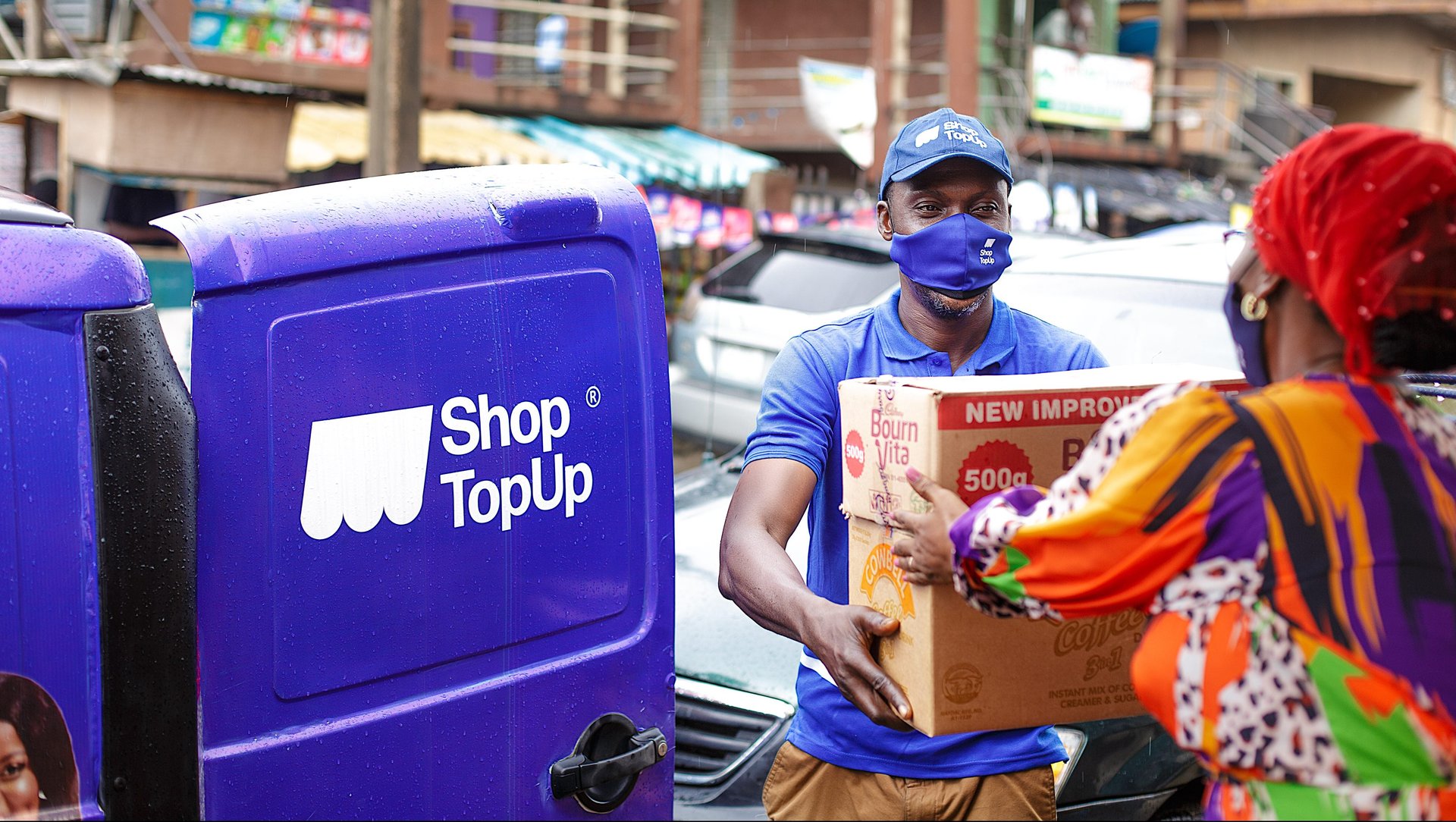2021 was the year African startups normalized raising $100 million
TymeBank and Flutterwave opened the gates in the first quarter. Chipper did it twice in six months. Wave put an overlooked subregion on the map.


TymeBank and Flutterwave opened the gates in the first quarter. Chipper did it twice in six months. Wave put an overlooked subregion on the map.
In 2021, these and six other tech companies each raised at least $100 million in different rounds to herald a new regime of ‘mega-round’ startup funding in Africa. The 11 deals they closed were worth over $1.7 billion, accounting for more than 40% of the $4.2 billion African startups have (so far) raised this year, according to The Big Deal, a startup funding database.
No African startup raised $100 million in 2020. Indeed, except the buzzy acquisitions of Paystack and Sendwave, last year was marked by fears of investor apathy towards Africa. As the pandemic ravaged economies, there was some anxiety that western investors would retreat, focusing rainy day funds on less risky, developed markets.
But this year’s rush of African mega rounds (as $100 million raises are sometimes called in Silicon Valley) suggests those fears did not materialize. Instead, old and new investors raised the stakes with their biggest bets yet.
Mega investors brought mega rounds to Africa
Before this year, only two African startups had raised $100 million in single rounds: Andela, and OPay in 2019. Andela had been a household name before a former US vice president’s firm further boosted its profile, while Chinese-backed OPay’s $120 million announcement shot it into popular consciousness.
Such large raises have been understandably rare in Africa. The continent’s startup scene is barely a decade old, and is burdened by low levels of technology infrastructure, tight consumer spending, and the uncertainty that disturbances like conflicts and political turmoil generate. African startups have had to patiently navigate these weaknesses, requiring some humility in how much they command.
At the same time, Africa’s appeal as a market of over 1 billion people and the last frontier for tech-driven services like electronic payments, credit, ecommerce, and software engineering talent is growing on investors regardless of present challenges. It is attracting the biggest names in the world, specifically the ones that helped normalize $100 million rounds in Silicon Valley.
Perhaps the most notable is SoftBank, the Japanese firm whose portfolio of exits includes Alibaba, Uber, Nvidia, and Flipkart (before reinvesting again.) It led two rounds in Africa this year: OPay’s $400 million, and Andela’s $200 million.
But there was some dynamism to the investors that fueled the mega round rush. Aggressive American hedge fund Tiger Global co-led Flutterwave’s $170 million raise. Stripe helped make Wave, a mobile money startup, the first unicorn from Francophone Africa. TradeDepot’s $110 million round was led by the World Bank’s International Finance Corporation, arguably the continent’s most influential investor in non-fintech startups. Only MFS Africa’s round was led by an investment fund based in Africa – AfricInvest’s Financial Inclusion Vehicle.
Will $100 million be a new benchmark?
None of these startups raised $100 million as seed funding. Andela’s was its 10th round since 2014. Chipper has raised two rounds every year since 2019. MFS Africa had been on an acquisition spree before joining the mega round party. This gives an idea of the kind of startups that could be expected to continue the trend in the coming year. Sendy, a Kenyan logistics startup that has raised $20 million to date, is seeking a mega raise for its expansion.
Will SoftBank and other investors evoke more $100 million rounds for non-fintech African startups? That is one among many things to watch, including how many such rounds go to female-founded or led companies. Female-only founding teams have raised only 1% of this year’s $4.2 billion largesse, per The Big Deal.
Africa is in mega round kindergarten compared to other regions. North America, Asia (China), and Europe had 293, 158, and 66 such rounds last year alone. But going from two to eleven in two years with a pandemic in between suggests a rising wave in Africa, one that could evolve unexpectedly in the coming years all things being equal.
Sign up to the Quartz Africa Weekly Brief here for news and analysis on African business, tech, and innovation in your inbox.